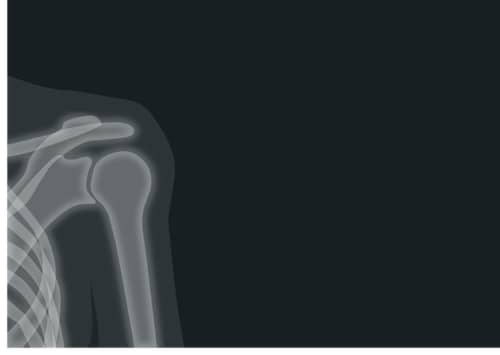Waking up with discomfort in the neck and head is a common problem that can be bothersome. This pain often occurs due to sleeping in a bad position or other factors that strain the neck muscles. Finding out why this pain happens and finding ways to relieve and prevent it can greatly improve sleep quality and overall health.
Causes
- Sleep Position: It is not recommended to sleep on your stomach as it can apply excessive pressure on your neck, causing discomfort when you wake up. It is better to consider sleeping on your back or your side.
- Poor Sleep Posture: Neck pain can occur as a result of sleeping in the wrong position or not having sufficient support.
- Lack of Proper Support: Discomfort and stiffness may occur if there is not enough pillow support, causing the neck and spine to be misaligned.
- Daytime Activities: Engaging in activities such as sitting for long periods, using a computer with incorrect posture, and carrying heavy bags can all lead to strain in the muscles of the neck, resulting in pain.
- Stress: Physical pain and discomfort in the neck can be a physical manifestation of psychological stress and tension.
How to Avoid Neck and Head Pain
- Sleep Position Adjustment: Transitioning your sleeping position from lying on your stomach to either lying on your back or side has the potential to alleviate neck pain. Employing pillows strategically to prevent turning onto your stomach can aid in this transition.
- Supportive Pillows: Select a pillow that provides enough support for your neck and enables it to align with your spine. This will aid in maintaining the correct sleep position and reducing the likelihood of experiencing discomfort.
- Posture Awareness: Paying attention to your body’s posture is crucial, especially when using electronic devices or sitting for extended periods of time. Keeping your head and neck in a natural position and taking regular breaks can help relieve any neck tension or discomfort.
Medicines to Help Relieve Neck Pain
If your neck pain persists, you have the option of using over-the-counter pain relievers for temporary relief. Nonsteroidal anti-inflammatory drugs (NSAIDs) such as ibuprofen or acetaminophen can be effective in reducing pain and inflammation. However, it is crucial to consult a healthcare professional before starting any medication regimen, especially if you have pre-existing health conditions or concerns.
Conclusion
There are different reasons why people experience neck and head pain after sleeping, such as the way they sleep, their posture, lack of support, activities during the day, and stress. To improve the quality of sleep and prevent or relieve neck pain, individuals can make changes to their sleeping positions, use pillows that provide support, maintain good posture, manage stress, and consider taking suitable medications.
About the Author
Reyus Mammadli is the author of this health blog since 2008. With a background in medical and biotechnical devices, he has over 15 years of experience working with medical literature and expert guidelines from WHO, CDC, Mayo Clinic, and others. His goal is to present clear, accurate health information for everyday readers — not as a substitute for medical advice.







